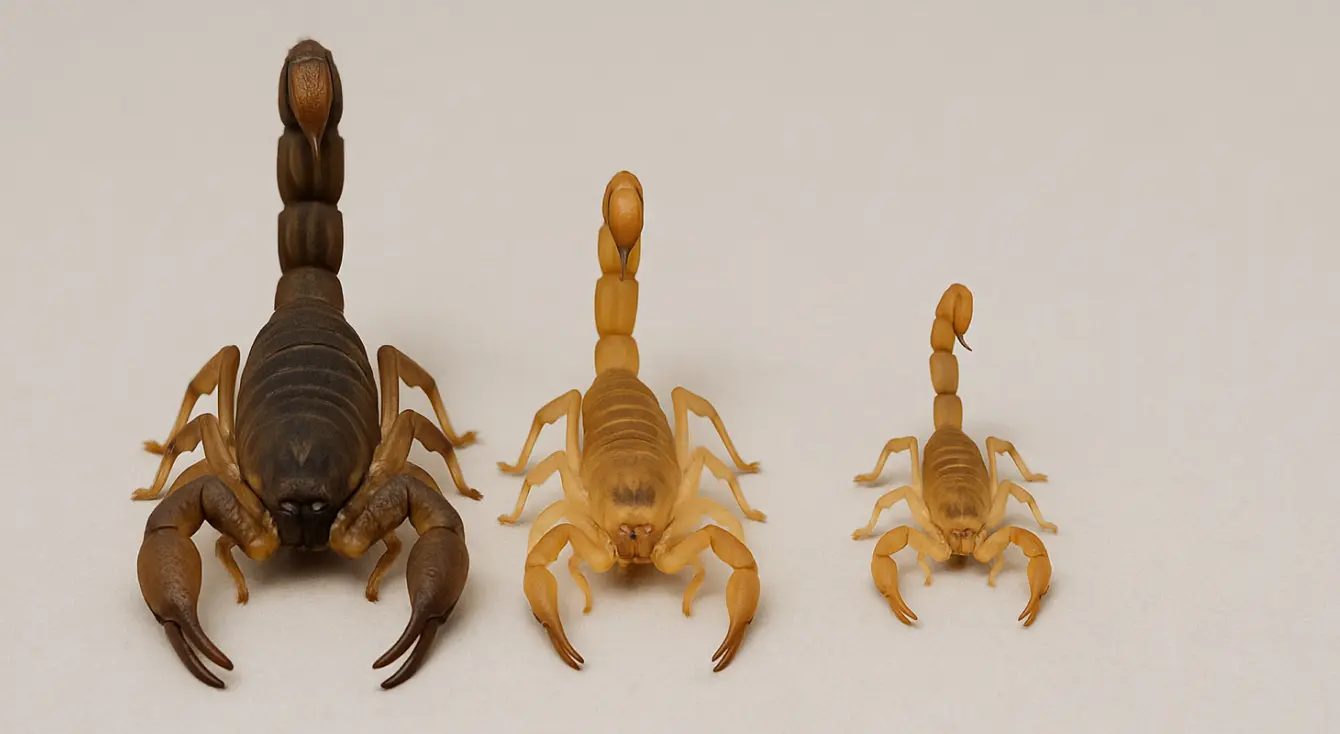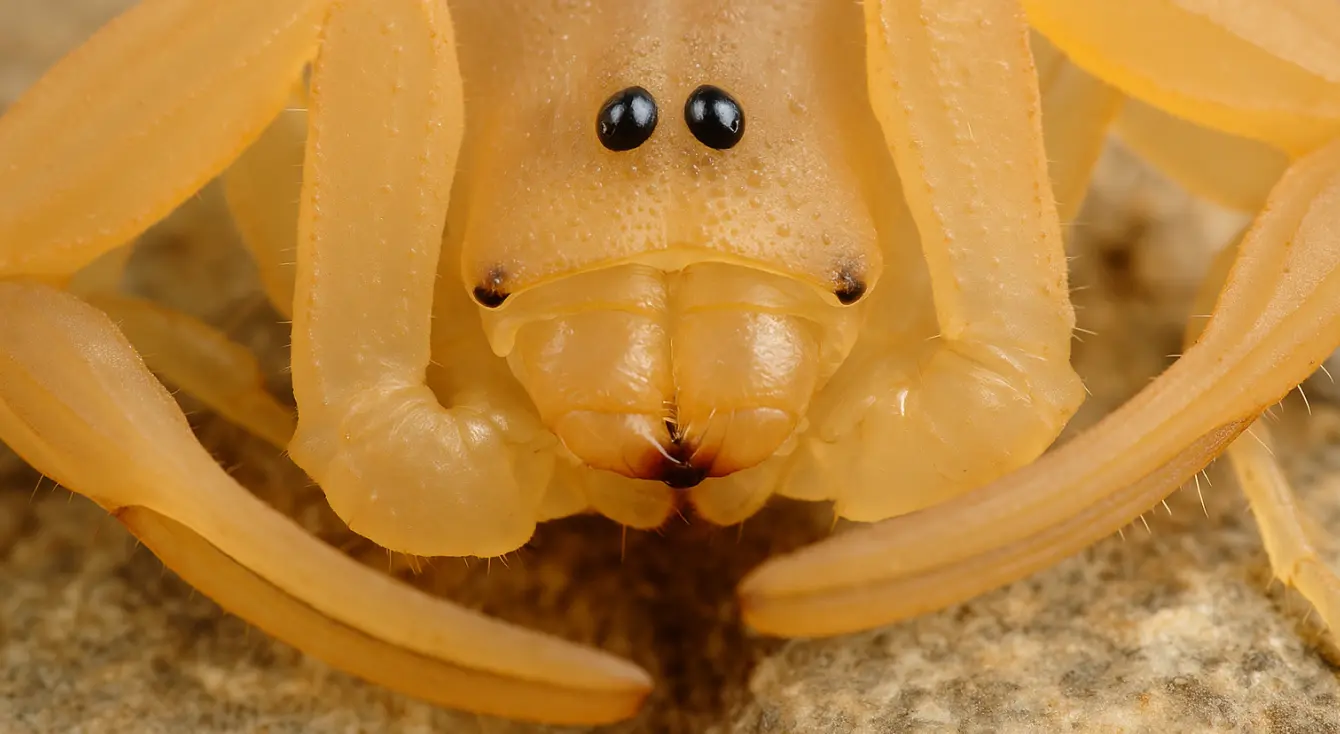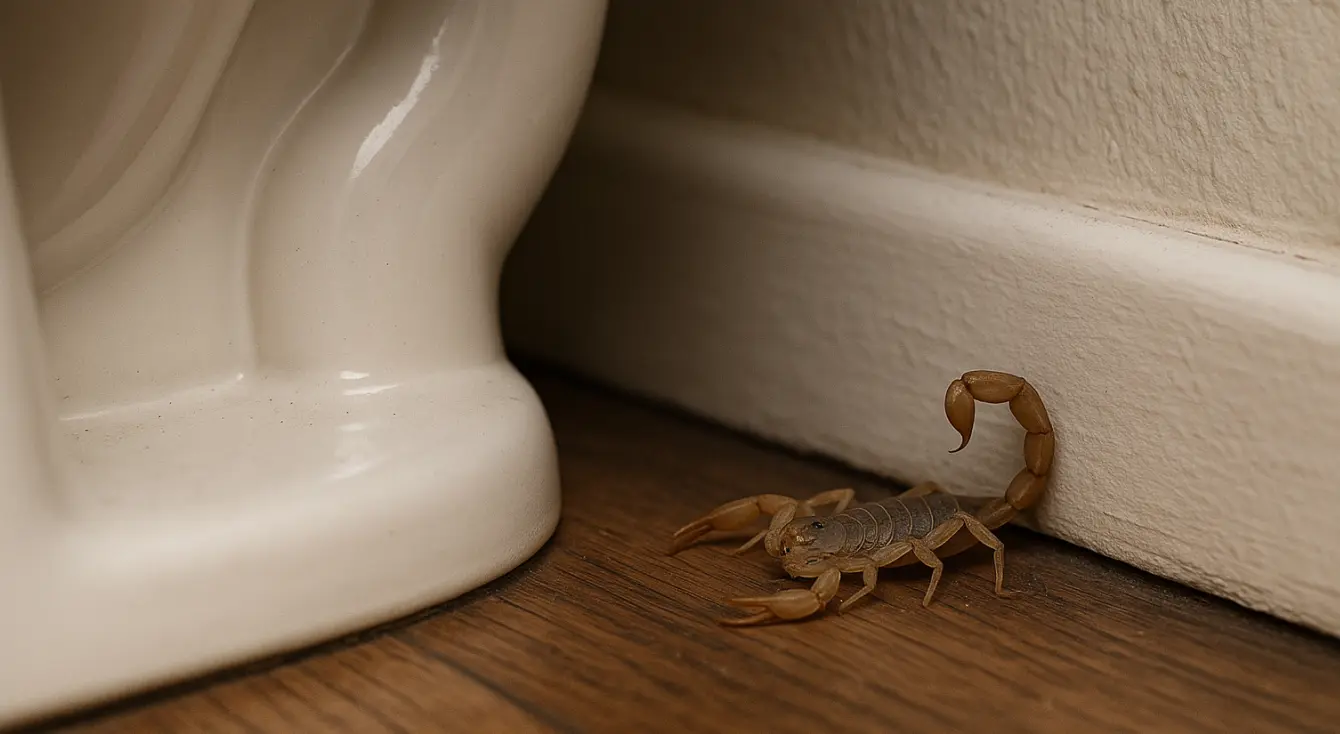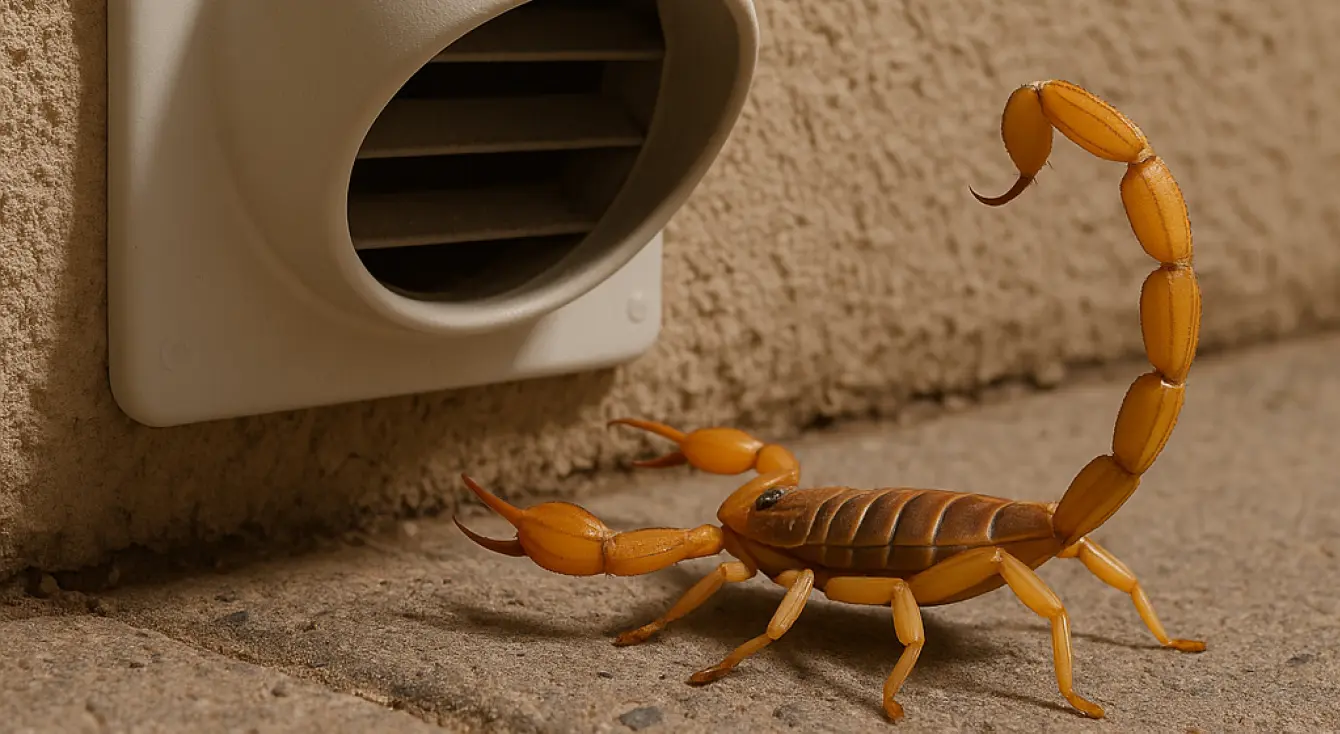Don’t Judge a Scorpion by Its Size
It’s a common myth that the bigger the scorpion, the more dangerous it is. But if you live in Arizona, Nevada, New Mexico, or anywhere scorpions roam, the truth is often the opposite: the smaller they are, the more cautious you should be.
In the world of scorpions, size can actually give you a clue—not about strength, but about venom. Here’s what you need to know.
Why Small Scorpions Are Often More Venomous
1. Defense Over Power
Larger scorpions (like the desert hairy scorpion) tend to rely more on their large pincers to subdue prey or defend themselves. Their venom is relatively mild—painful, sure, but not medically significant for most people.
2. Small Scorpions Rely on Venom
Tiny scorpions, especially the Arizona bark scorpion, use venom as their main line of defense. Their pincers are narrow and weak, so they’ve evolved potent neurotoxins to stop threats quickly.
These stings can cause:
- Severe, spreading pain
- Numbness or tingling
- Muscle twitching
- Breathing difficulty in children or older adults
So… Is Smaller Always More Dangerous?
Not necessarily—but in the U.S. Southwest, it’s a pretty solid rule of thumb.
The Arizona bark scorpion is the smallest of the common species—but also the only one considered dangerous enough to require antivenom in some cases.
What Size Doesn’t Tell You
- Aggressiveness: Scorpions aren’t naturally aggressive, regardless of size.
- Where it will be found: Big or small, all scorpions can squeeze into tight places.
- How likely it is to sting you: Most stings happen when people unknowingly step on, roll over, or reach into a scorpion’s hiding spot.
How to Stay Safe—No Matter the Size
- Use a Scorpion Detector: At night, plug-in Detectors use UV light and a smart camera to scan floors while you sleep. If a scorpion shows up, you get a phone alert before someone’s foot does.
- Check shoes, towels, and bedsheets—especially in homes with known scorpion activity.
- Seal up your home: Weather stripping, door sweeps, and window screen repairs are your first line of defense.
Final Word
When it comes to scorpions, bigger isn’t always badder. In fact, that tiny, pale bark scorpion in your closet is the one to worry about—not the huge one you saw in the backyard. Know your local species, and always assume the little guys might sting a lot harder than they look.






